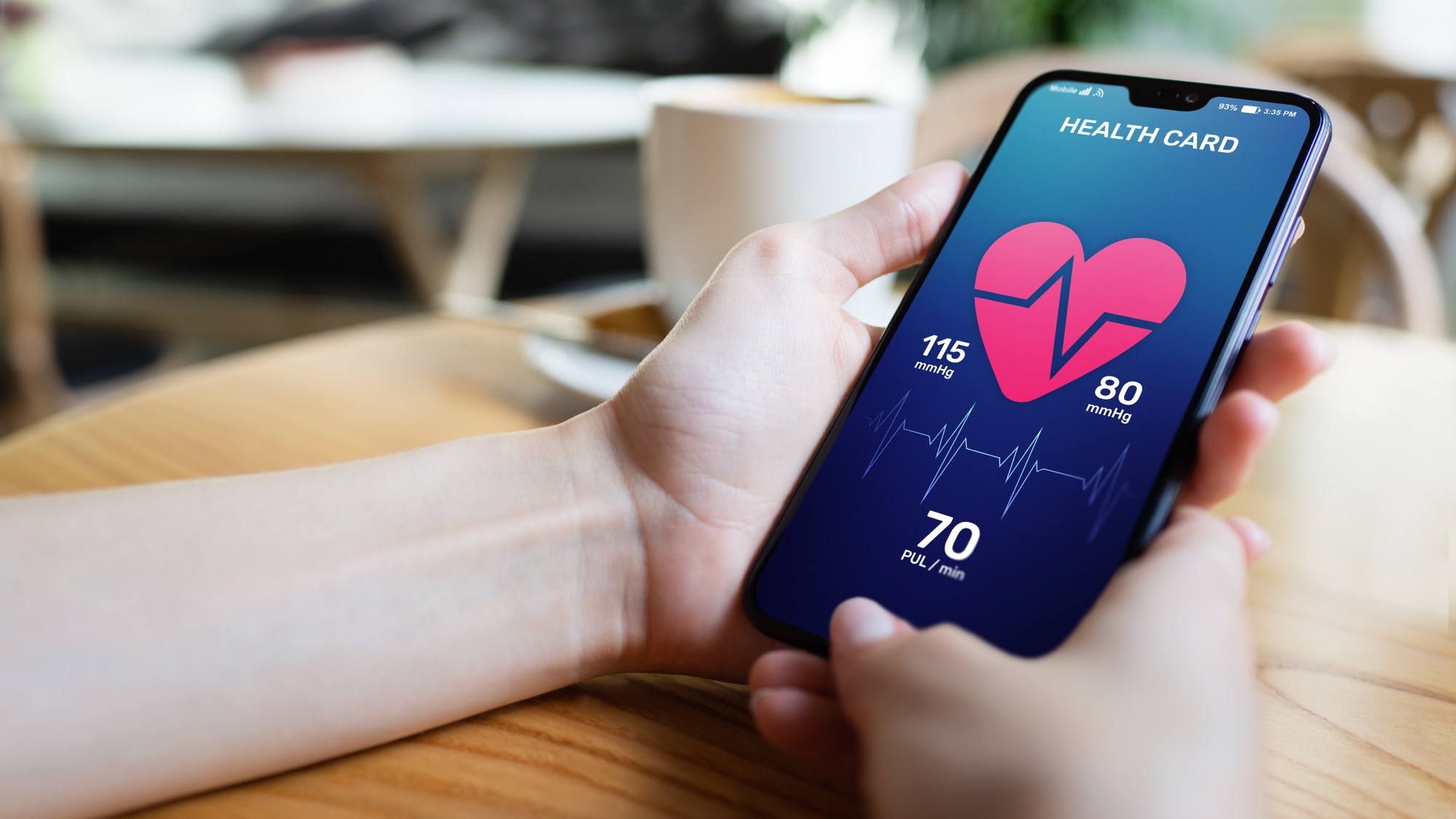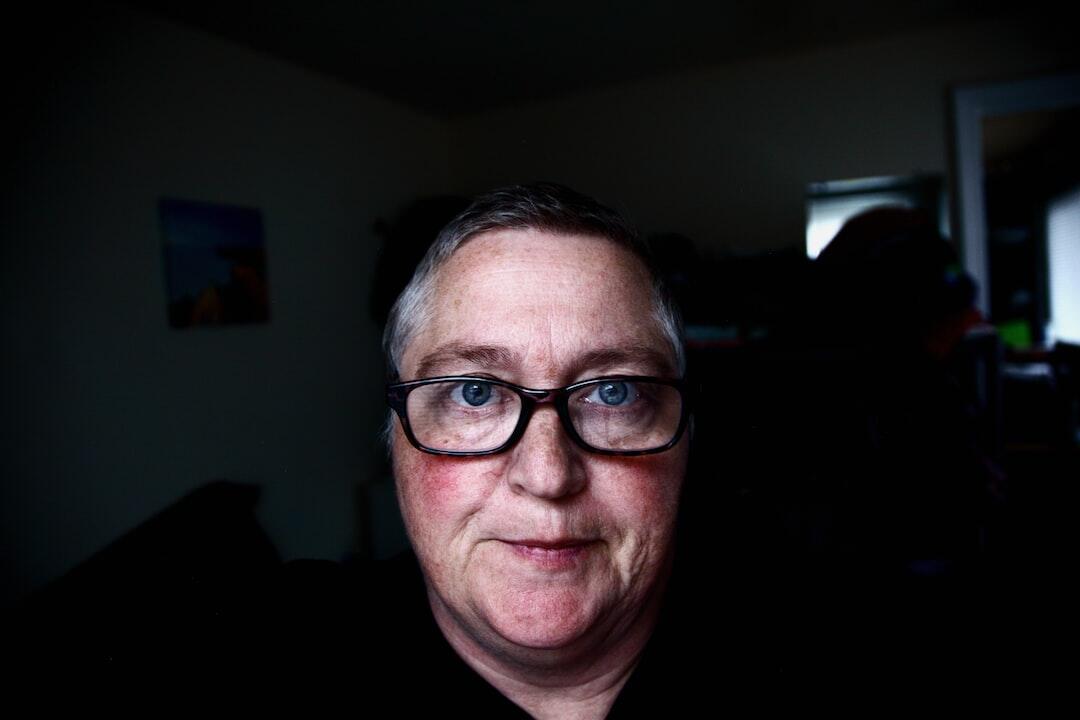
Exploring the Benefits of Mobile Health Apps

Mobile health technology is becoming a great tool for patients and health providers alike. This market has been growing steadily over the years, and it is separated into three different categories. Telemedicine apps provide virtual patient care and doctor visits, while health management apps can help people track their medications and monitor health conditions.
General health and wellness apps work to track sleep patterns, nutrition, and stress levels. With all the different assistance available to patients and healthcare workers via these apps, it’s no wonder so many are turning to this solution. Keep reading to learn more about the benefits of mobile health apps so that you can see whether this option would work for your healthcare needs.
Gives Patients Fast and Easy Access to Healthcare Providers
Mobile health technology allows patients to connect with healthcare providers at any time they are in need of assistance. It also allows patients to send secure messages with doctors, while also being able to schedule appointments. This allows patients to connect with a healthcare provider quickly and conveniently.
This is a great option for patients in rural locations, or that have limited access to transportation. This is a great way to cut down on waiting room times and to allow patients to get assistance from the comfort of their homes.
Improves Provider Coordination and Communication
One of the greatest benefits of mobile health apps is that they provide the ability to connect across the healthcare system. This makes it easier for physicians and their office staff to communicate with secure messaging and health record access. Some health care apps will alert health care providers of a patient who is in need or has been admitted to a hospital.
This allows providers to be notified when a patient has been admitted, discharged, or transferred. This gives providers a fuller view of a patient’s profile in real-time. A healthcare provider can have easy access to information such as who has treated a patient and for what so that they can keep up with a patient’s progress.
This allows healthcare providers to have a streamlined and standardized system.
Allows for Remote Patient Monitoring
Remote patient monitoring enables patients to use their devices to gather and enter health data that they can then transmit to their health care provider. This allows for a tracking method in between patient visits and also notifies a health care professional when the patient’s health may be at risk. Some health care apps may require the patient to wear a wristband or fitness tracker to acquire health data.
The ability to continuously track patients’ health with these tools can help to manage those with chronic conditions or ensure that they are staying stable after they have been discharged from the hospital. This can also show a doctor how certain medications are affecting a patient, or to make sure the patient is taking their medication as advised. This can be determined through tracking weight, blood pressure, heart rate, and glucose meters.
This allows healthcare providers to track patients’ health more continuously and conveniently than ever before.
Better Medication Adherence
Poor medication adherence can happen when a patient leaves the hospital and does not pick up their medication, or picks it up but does not take it as advised. This can cause poor management of chronic conditions, which could lead to health risks and hospital readmissions. With mobile technology services, patients can have improved medication adherence by receiving updates and information on their prescriptions.
Some healthcare apps will send patients reminders that they’re refill is ready to be picked up and can help them track their daily prescription intake. This can help them keep track of how many pills they have remaining, prompting them when it’s time to get their next refill. It may also supply them with educational information regarding their medication, allowing for a patient to have all of their prescription information in one place.
This is a great way to help patients take their medications properly. They can set a timer to set daily reminders for when it’s time to take their medication throughout the day.
Boosts Medication Accuracy and Patient Saftey
Many patients struggle to remember the exact names of the medications they are taking or what their daily dosages are, especially those that are elderly or high-risk and take multiple medications a day. This can be difficult for clinicians, and dangerous for patients, as doctors may give medications that interact badly with those that a patient is already prescribed. Health care apps can help to close these gaps, giving providers an overview of all the medications a patient has been prescribed.
This can give a doctor more information about when the patient last refilled certain prescriptions, and can also let them in on any changes in dosages along the way. This allows a healthcare provider to better treat a patient when they are admitted to the hospital and may be unresponsive or confused. Allowing for a clearer understanding of the patient’s medical history is better for both the patient and the clinician.
The Benefits of Mobile Health Apps
As the possibilities of mobile health apps evolve and expand, the benefits will only increase. Not only is this a convenient and easy way for patients to track their health and get doctor assistance, but it can also help healthcare workers treat patients with more clarity and accuracy. Whether you’re a patient or a health care provider, look into how using mobile healthcare technology can benefit you or your practice.
Are you looking for a way to order medication online? Search Kiwi Drug to find your medications on our site today.
Related Posts


